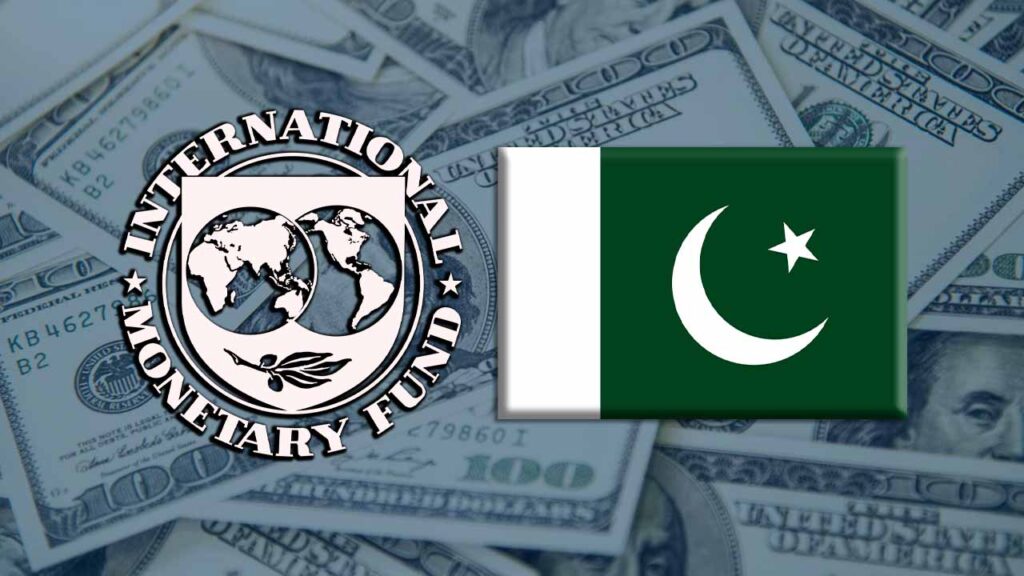- Web Desk
- 6 Hours ago

IMF approves $7 billion loan for Pakistan
-

- Hum News
- Sep 25, 2024

WEB DESK: The International Monetary Fund (IMF) The International Monetary Fund on Wednesday approved a $7 billion new bailout package for Pakistan.
The IMF Executive Board approved a 37-month Extended Fund Facility (EFF) totaling $7 billion, authorizing the immediate release of the first loan tranche of nearly $1.1 billion. This marks Pakistan’s 25th IMF program since 1958 and its 6th under the EFF.
A staff-level agreement was reached between Pakistan and the IMF in July. Pakistan has assured the implementation of its economic reform agenda.
Earlier, Prime Minister Shehbaz Sharif said his government was working on implementing conditions from the International Monetary Fund (IMF) to complete its loan programme, which he hoped would be the country’s last.
Also read: Pakistani rupee falls 5 paisa against US dollar
Pakistan in July struck an agreement with the IMF for a $7 billion, 37-month loan programme.
Officials said that Pakistan has met all prior conditions, hoping that the IMF Executive Board would approve the 37-month EFF of about $7 billion.
They said China, Saudi Arabia, the UAE, and Kuwait also provided crucial support by deferring Pakistan’s loan payments for one year.
Pakistan has agreed to expand the scope of the IMF’s latest programme to include provincial budgets and revenues, marking a shift from previous arrangements, The Express Tribune said. The federal and provincial governments will sign a new National Fiscal Pact to transfer responsibilities for health, education, and infrastructure projects to the provinces. By October 30, provinces will align their agriculture income tax rates with federal personal and corporate tax rates, raising them from 12-15% to as high as 45% by January.
Provincial governments are also barred from offering new subsidies on electricity and gas, as well as creating new Special Economic Zones. Pakistan has committed to a primary budget surplus of 4.2% of GDP over three years, which excludes interest payments, and will require additional tax measures. If revenue targets fall short, the government will introduce a mini-budget with higher taxes on imports, contractors, and other sectors. Defense and subsidies spending will remain at last year’s levels as a percentage of GDP.





